Singer Robbie Williams Says Being Overweight Was 'Catastrophic' After Ozempic-Related Weight Loss
By Favour Adegoke on October 28, 2023 at 3:30 PM EDT
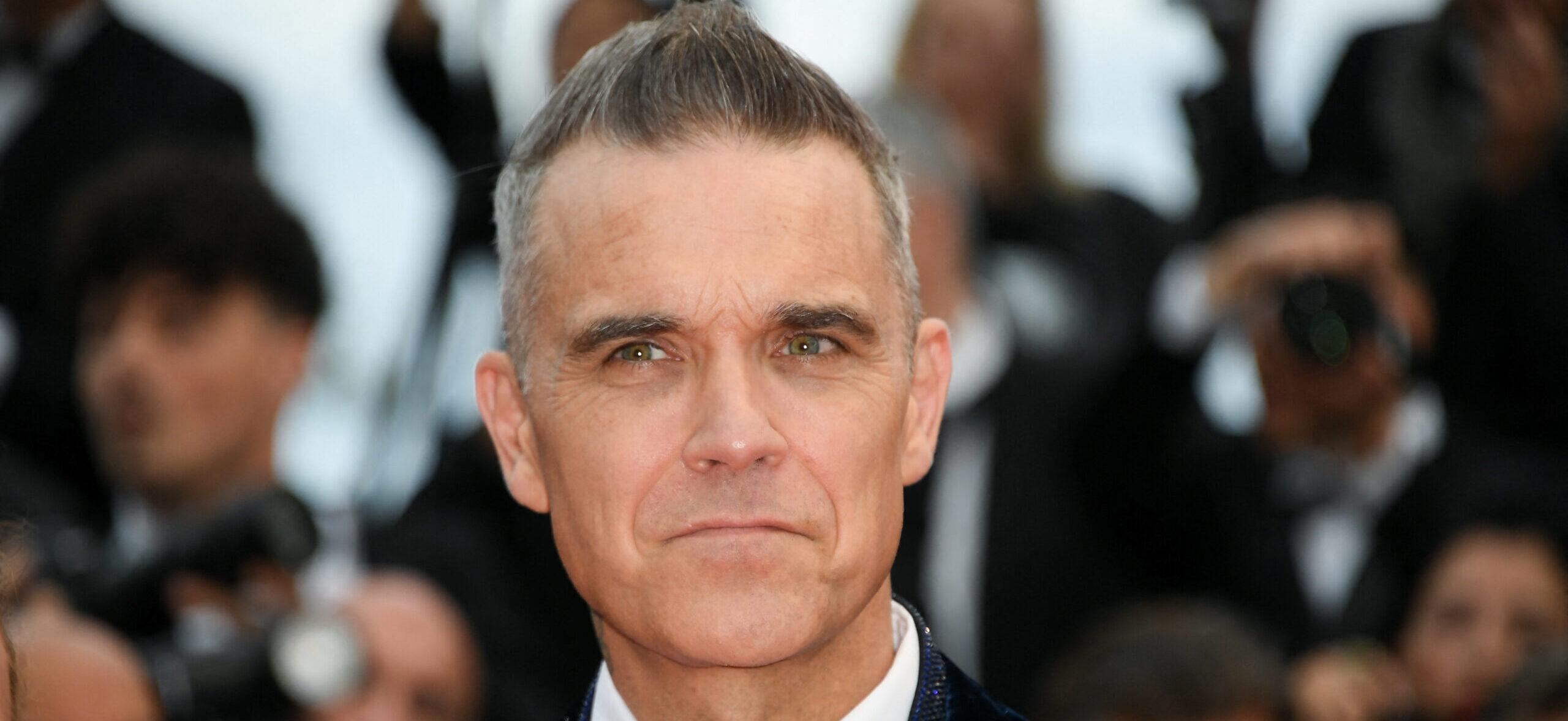
Robbie Williams has opened up about his weight loss, attributing his two-stone drop to an appetite suppressant, humorously suggesting a "diagnosis" of "type 2 self-loathing." He highlighted the severe impact of being overweight on his mental health.
In a trailer for his upcoming Netflix series coinciding with his 25th career anniversary, he reflected on fame's challenges and "nervous, mental breakdown."
Robbie Williams Says Being Bigger Is 'Shockingly Catastrophic'
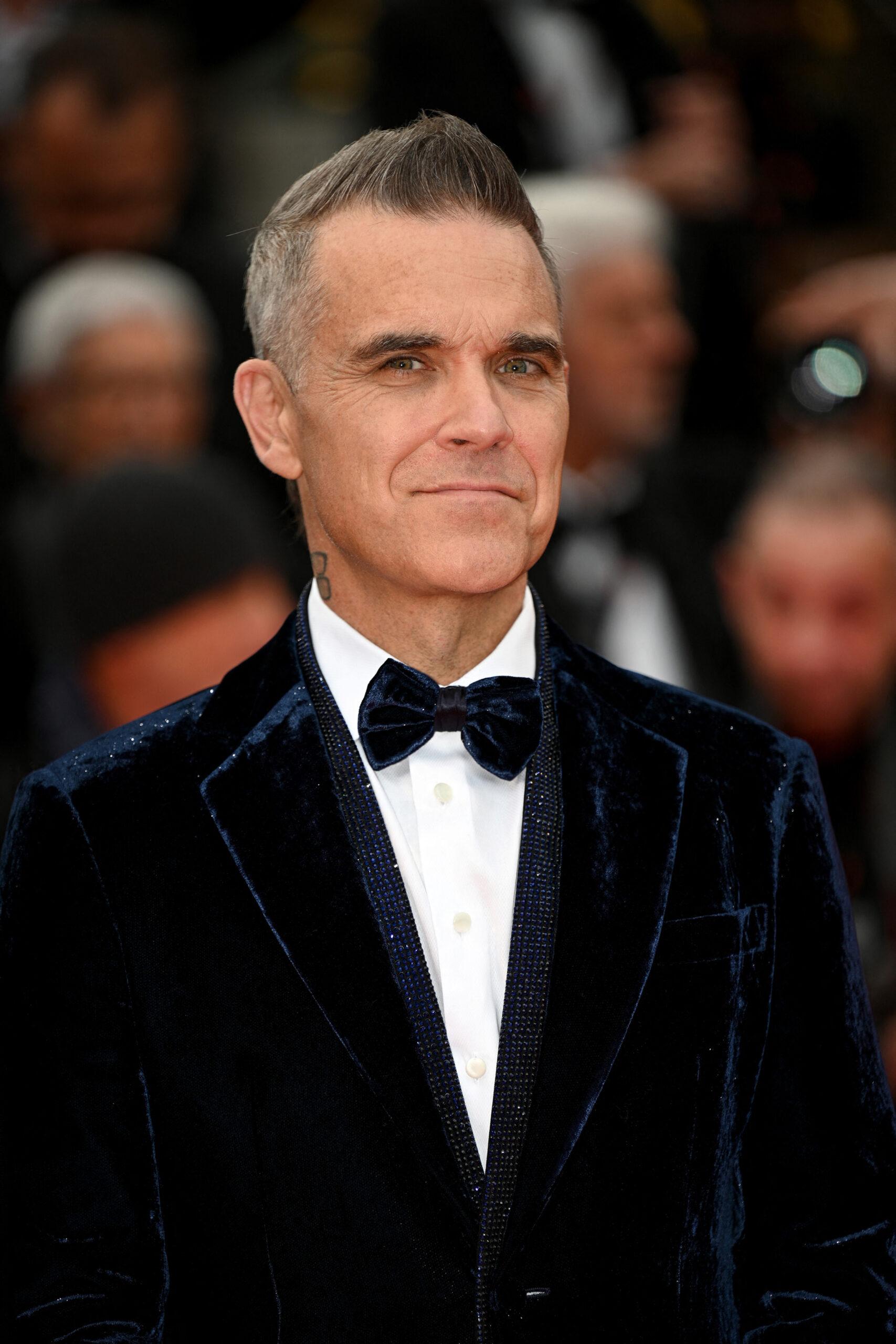
In a recent interview with The Times, Robbie Williams, a founding member of the band, "Take That," disclosed that his two-stone weight loss, bringing him from "13st 13lb to 12st 1lb," is attributed to an appetite suppressant "like Ozempic." "It's like a Christmas miracle," he said.
Williams humorously suggested that he uses the drug because he's been diagnosed with "type 2 self-loathing." However, he stressed the severe impact of being overweight on his mental health.
The pop star highlighted the negativity of his inner voice when he isn't in a slim shape, stating: "It's shockingly catastrophic to my mental health to be bigger. My inner voice talks to me like Katie Hopkins talks about fat people. It's maddening."
Robbie Williams' Upcoming Netflix Docu-Series

Williams also opened up about his mental health struggles in the latest trailer for his upcoming Netflix docu-series, "Robbie Williams." Scheduled for release on November 8, the four-part show will feature never-before-seen footage and new interviews, coinciding with the 25th anniversary of his solo career. The series delves into his personal archive spanning three decades.
In the trailer, Williams reflects on his journey, acknowledging difficult times that led to a "nervous, mental breakdown" in front of thousands. He joked: "Something has to give. You're only supposed to do this at the pearly gates with Saint Peter looking back at your life."
The "Back for Good" singer also discussed the challenges of fame, adding: "I felt like I was giving more and more of myself away to the point where you don't recognize yourself anymore."
He continued, "The thing that would destroy me has also made me successful. Touch the fire, push when it says pull, and see if I can live. I don't know how easy it is for people to get to know me."
Robbie Williams Discloses His Mental Health Diagnosis
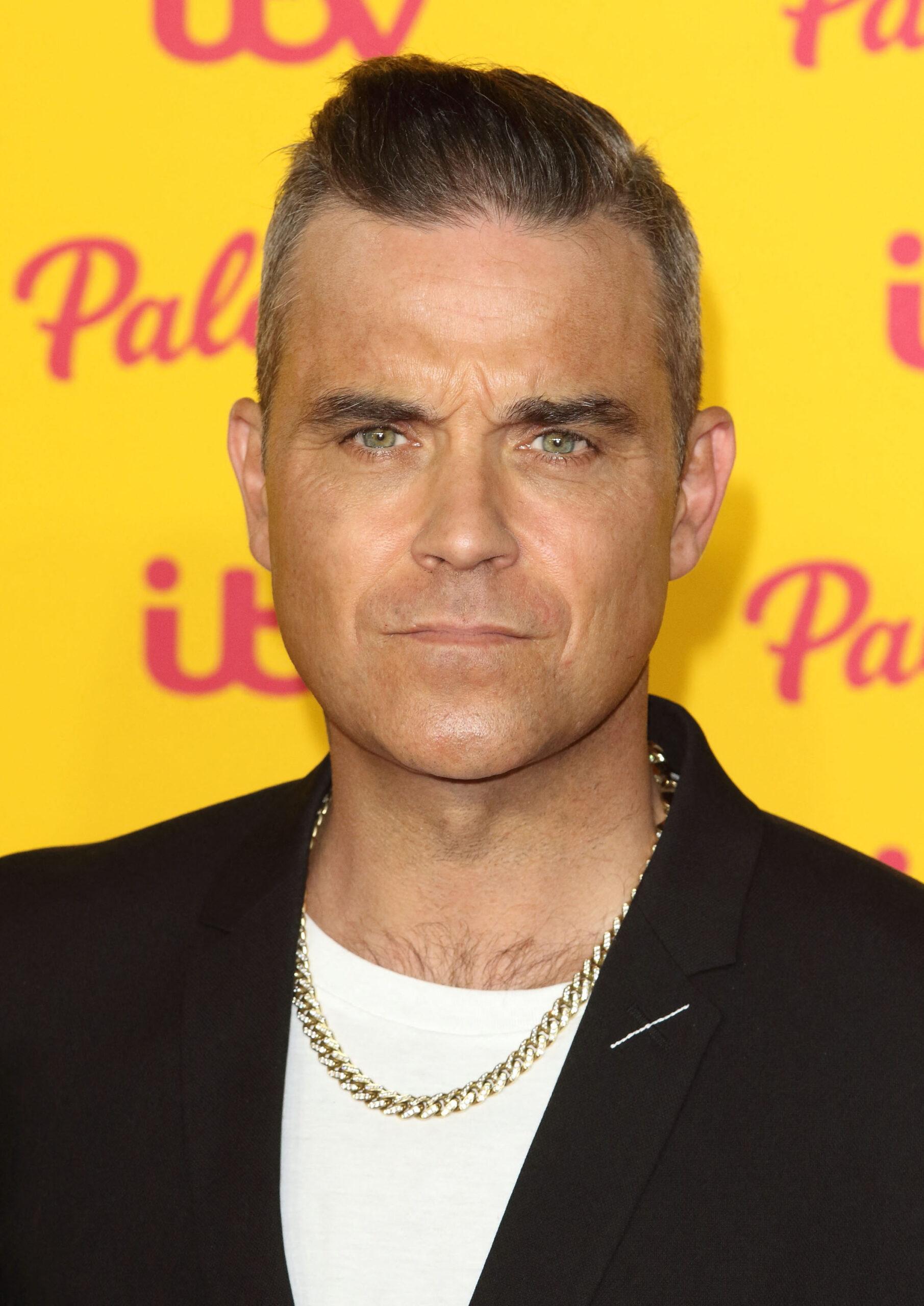
In the past, Williams has been remarkably candid about his ongoing battle with mental illness, depression, and anxiety. During the height of his fame, he faced one of his darkest periods. From 2006 to 2009, he grappled with agoraphobia, a social anxiety disorder that left him confined to his house for three years.
In 2007, he entered rehab after using a range of drugs, including speed, acid, heroin, cocaine, and excessive amounts of prescription medications.
The "Love My Life" singer recently disclosed a full diagnosis that includes conditions like "dyspraxia, dyslexia, ADHD, neurodiversity, body dysmorphia, hypervigilance, HSP (Highly Sensitive Person), and PTSD."
He humorously joked about his condition, stating, "And, obviously, I have an addictive personality… I am collecting them all, like Scout badges."
Robbie Williams Says Being In A Boy Band Causes 'Mental Illness'
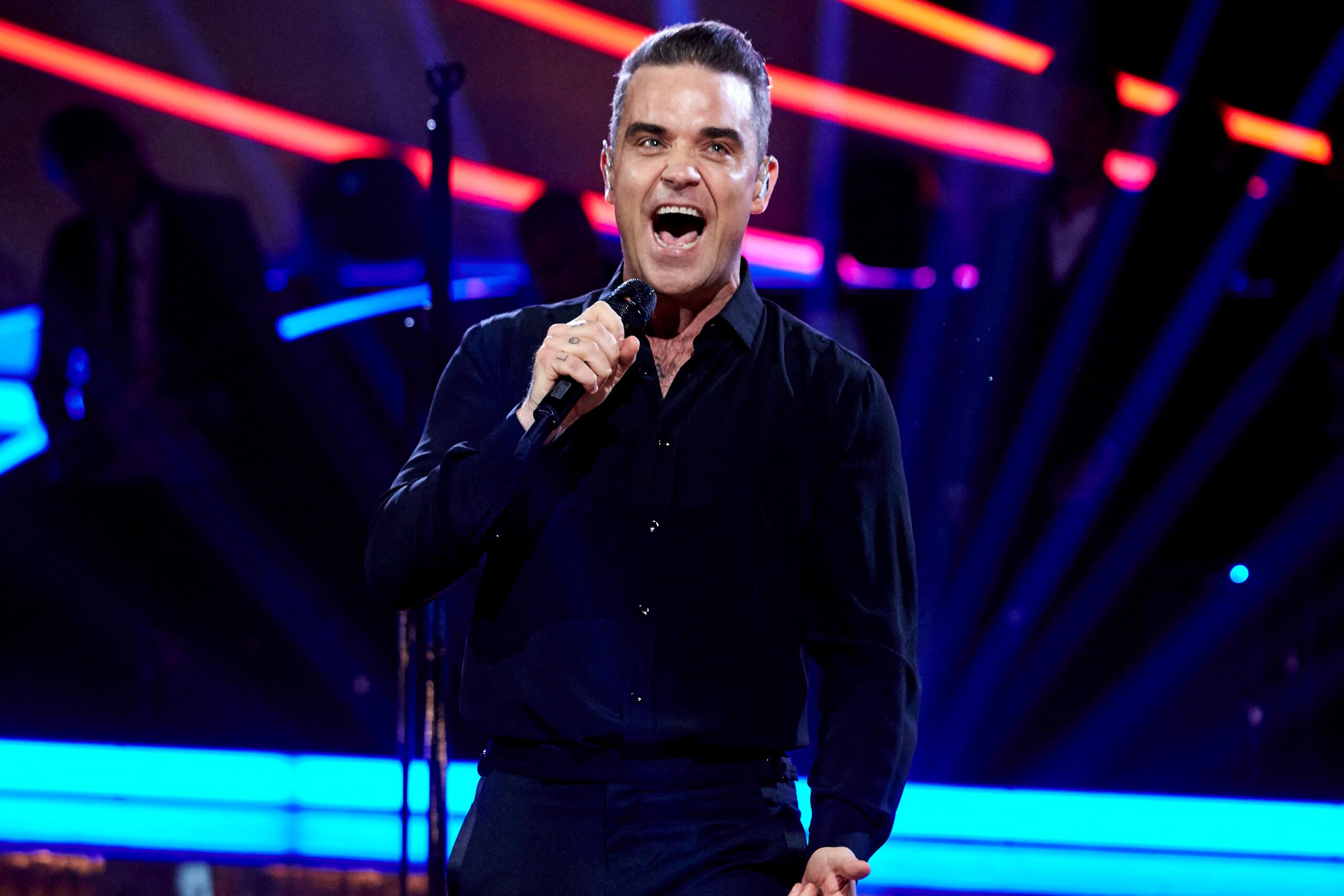
Williams also expressed his belief that being part of a boy or girl band, regardless of the duration, can lead to mental health issues.
He cited Take That, the UK's most prominent boy band, which he departed dramatically in 1995 and now performs as a trio with three original members, as a prime example of the toll of joining a band at a young age and achieving unexpected success.
He explained: "If you just take Take That as a case study — and all the boys have mentioned this publicly, so I'm not busting anyone's privacy — you've got Gaz [Gary Barlow] who became bulimic and agoraphobic and didn't leave his house, who forgot how to write songs and slept under his piano."
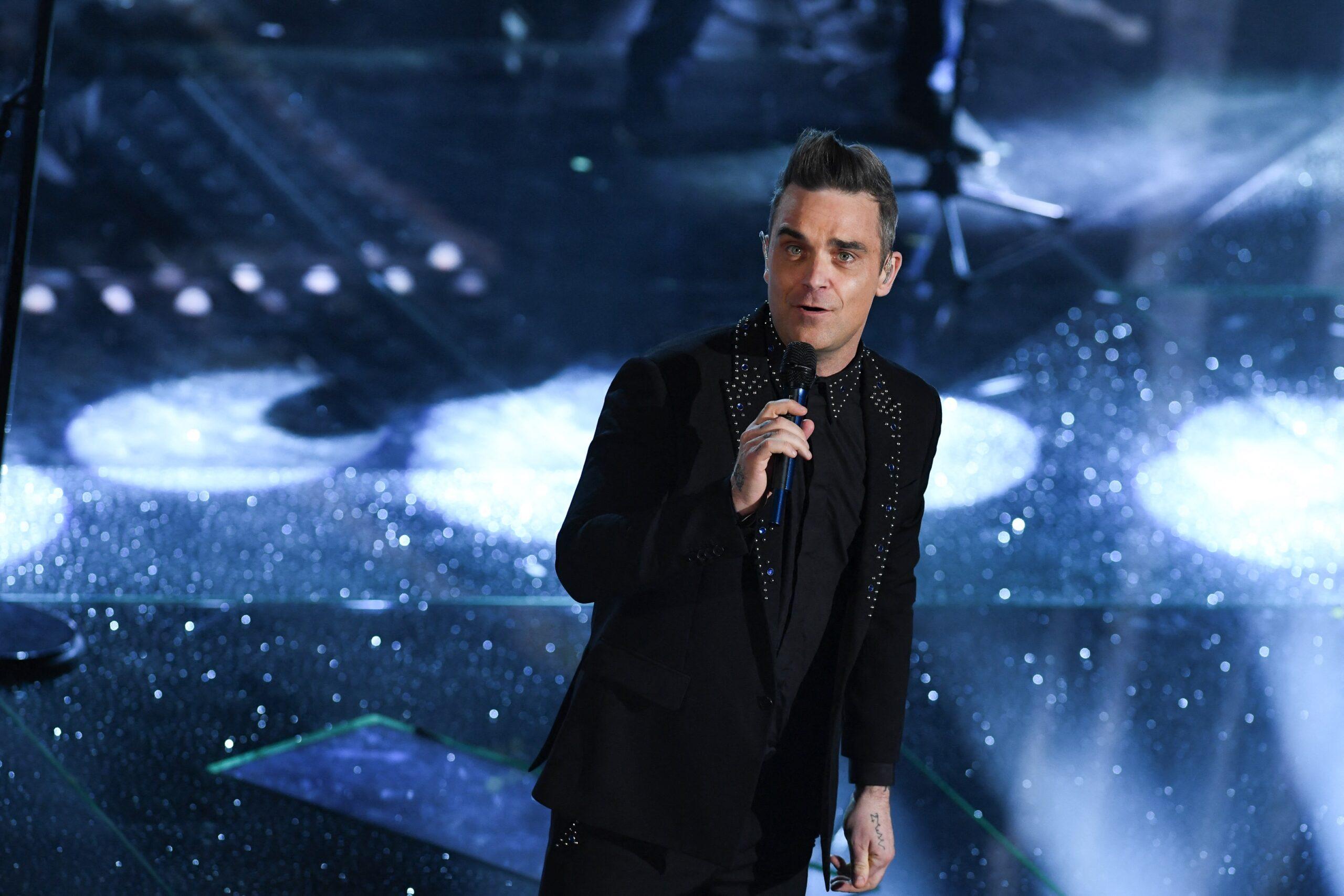
He continued, "You've got Howard [Donald], who contemplated suicide. You've got Mark [Owen], who ended up in rehab. You've got Jason [Orange], who can't hack it and has just, like, disappeared. And then you've got me. So that's your case study: there's something that solidifies and calcifies in those five years — which is the traditional lifespan of a boy band — that causes mental illness. It's five out of five."
Williams isn't the only ex-boyband member who has spoken out about the challenges of being in a group. Singer Liam Payne also opened up recently about his struggles in the famous boyband One Direction.